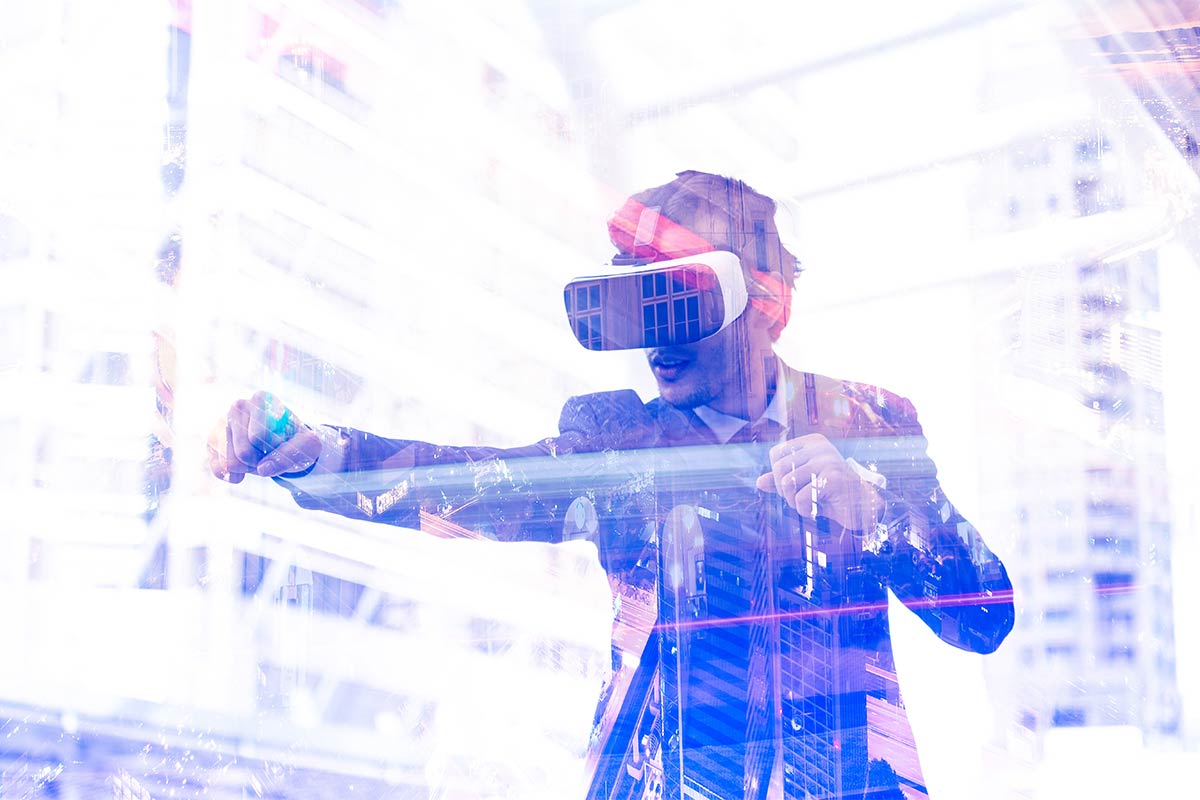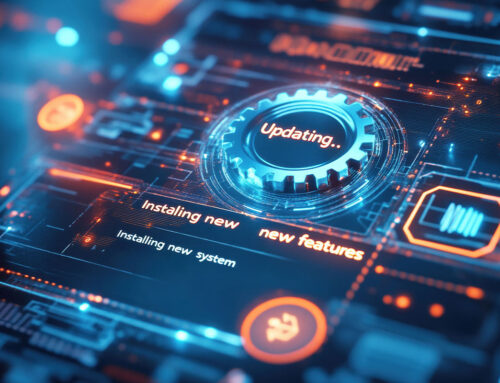At a time when companies are looking to blend the internet, physical world and virtual spaces, extended reality (XR) is poised to reshape the enterprise. XR platforms can be flexible and personalized, reaching people wherever they are at any moment to deliver unparalleled immersive experiences. But that comes with new privacy and security considerations, and a need for thoughtful and secure XR device management.
Limitless opportunities
One of the key features of enterprise XR is the ability to deploy a large number of devices at scale. These technologies have proven benefits for workplaces, including improved job training and enhanced collaboration. To ensure people with disabilities can access these benefits, XR tools must have accessibility features by design. Organizations that prioritize accessibility in the XR technologies they adopt can gain a competitive edge in a tight labor market.
Here are just a few use cases for consideration:
- A telecom operator employs a fleet of XR headsets for field repair to help onsite personnel receive interactive instructions from remote experts back at the office.
- A school district uses XR to let students experience different types of work, helping them make good decisions about higher education and career paths.
- A manufacturing company taps XR for product design and engineering to visualize prototypes in 3D.
- Medical professionals can use XR to engage in virtual simulations that help develop their clinical decision-making, knowledge of medical conditions and understanding of human anatomy.
Persistent challenges
XR headsets technically fall under the category of enterprise mobile devices since they are mostly wireless, portable and meant for field use. However, they are incompatible with most device management platforms for various reasons.
Popular XR headsets today usually run a version of the Android Open Source Project (AOSP) that is not compatible with Google Mobile Services (GMS), which is what most Android-based MDM solutions operate on. Furthermore, XR headsets have a far wider range of features, settings and configurations than a typical mobile device and are resource intensive, making it more difficult for a legacy MDM platform to adapt, especially in remote management scenarios.
A powerful solution
Tech Orchard, a leader in helping organizations accelerate their digital transformations, is making it easy to navigate this evolving environment so businesses can successfully use XR to engage employees and customers in new ways. We do so by partnering with ManageXR, an industry-leading platform that combines time savings at every stage of deployment with features that improve the employee experience without sacrificing security.
ManageXR aims to solve the challenge of working with XR at scale by allowing organizations to distribute content, customize the user experience and troubleshoot devices without leaving your desk. By combining reliability and innovation, ManageXR is trusted by industry leading enterprises, innovative educators, researchers running clinical trials, and FDA approved companies alike.
If you’re interested in leveraging blended environments to create new ways for people to socialize, learn, build, conduct business and provide services, XR may represent the new future of work. Tech Orchard can help you maximize the value of an XR investment by ensuring your internal and external stakeholders, as well as your data, are protected in the process. Contact sales@techorchard.com for more information.





